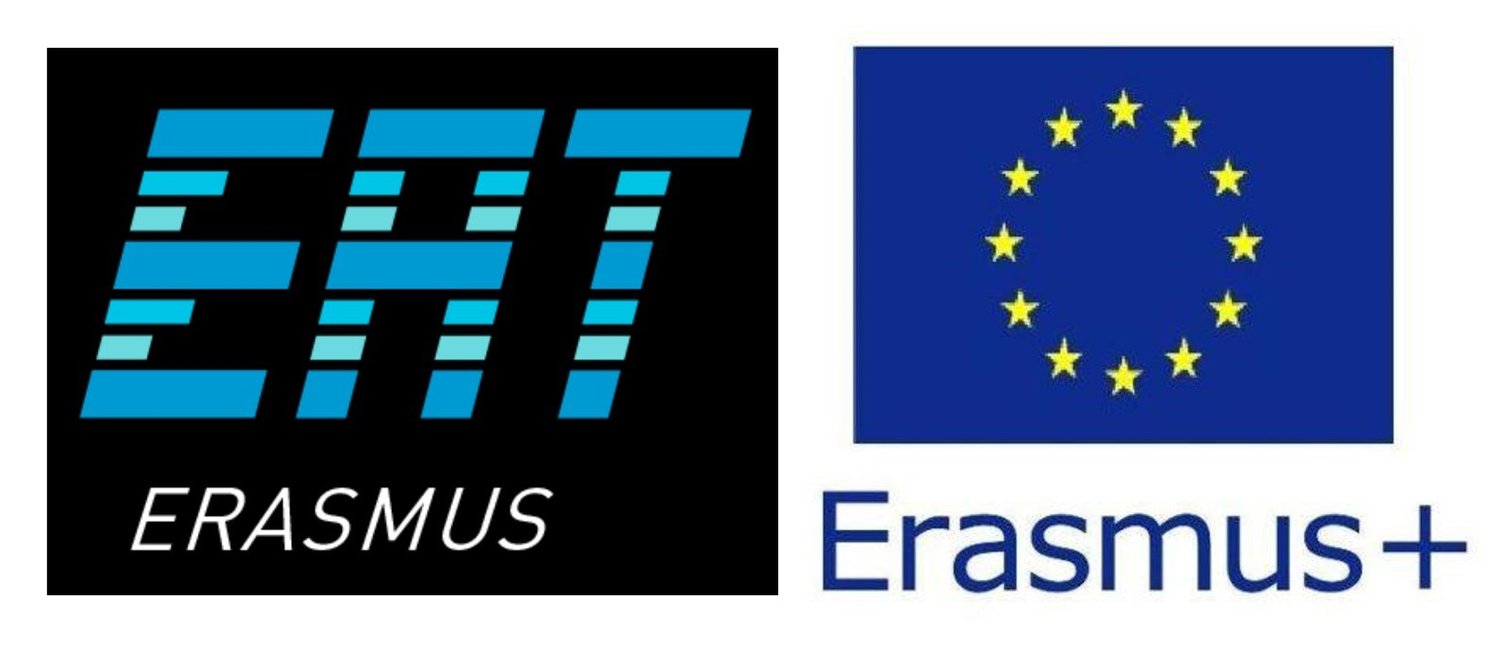4.3 Self-Regulatory Skills Framework
The Self-Regulatory Framework presented in Table 4.3 identifies generic self-regulatory skills using the EAT Assessment Dimensions to support an integrated approach to developing self-regulatory skills within assessment.
The EAT Integrated approach to assessment and feedback synthesizes key factors impacting assessment and feedback success drawing comprehensively on research literature (>50, 0000 articles) and research in practice. There are two key factors underpinning the EAT framework which include students’ ability to make sense of their learning environment and their ability to be agentic within it; both of these variables require high level self-regulatory skills.
In bringing together work on effective assessment feedback and merging this with students’ ability to engage with assessment and manage their learning environments effectively, the EAT framework figuratively highlights three dimensions of practice. These three dimensions are all interrelated and include: assessment literacy (AL), assessment feedback (AF) and assessment design (AD). The EAT framework presented in the form of a wheel or web (Appendices B and C) provides a workable model to support the design of effective assessment and feedback.
To support student self-regulation through a focus on assessment literacy, the model highlights: the importance of shared expectations and understanding of assessment requirements; students/ educators’ internalisation of standards in being able to know what quality looks like; understanding how assessment elements fit together; clarity around one’s role in assessment; and the requirements of the discipline.
The assessment feedback dimension, tackles students’ entitlement to, and engagement with feedback where feedback comprises all cues available to support learning from the environment in addition to the student’s own internal reference system.
The third aspect of the web is assessment design, whereby transparency, meaningfulness, collaboration and equal opportunities act as important mediators in impacting students’ self-regulatory behaviours.
EAT promotes an integrated approach in considering how learners combine metacognitive, cognitive and affective strategies to support their learning, acknowledging that learners may vary considerably in their use of approaches and with varying degrees of success.
The Self-Regulatory Framework (Table 4.3) provides a route map to thinking about SRL within assessment and feedback, and specifically how the design of assessment can support the development of SRL skills. In bringing together student engagement and self-regulation as illustrated in the EAT Framework, it is possible to identify key self-regulatory skills that are essential within specific disciplinary /professional contexts and at different levels of enquiry (e.g., aligned to specific skills sets and disciplinary knowledge).








